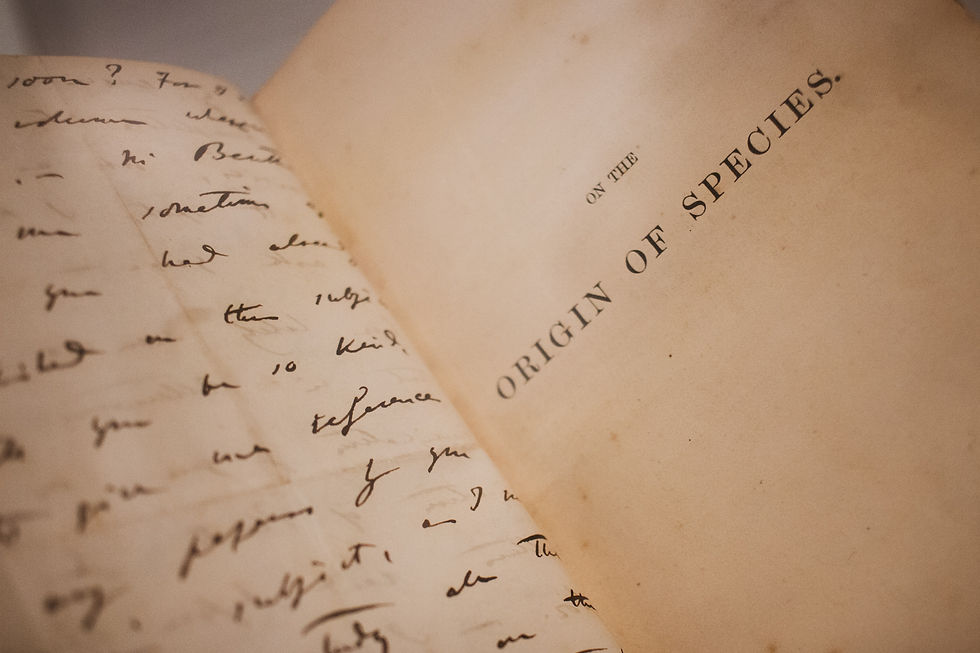Family Business & The Circular Economy
- Paul Andrews - Founder & CEO, Family Business United

- Nov 20, 2023
- 3 min read

We now live in a world where the environment is front and centre, discussions are taking place in board rooms around the world about carbon emissions, reducing our collective carbon footprint and making sure we are doing business in as many ways as possible to reduce the environmental impact of our actions too.
In this world where environmental concerns are at the forefront, the circular economy has emerged as a beacon of hope, reshaping the way we produce, consume, and discard.
Unlike the traditional linear economy, which follows a "take, make, dispose" model, the circular economy seeks to create a closed-loop system where resources are reused, recycled, and regenerated which is about doing business in the best and least impactful way possible, doing business the right way, something that strikes a chord with families in business the world over.
At its core, the circular economy is about removing waste and pollution from the equation by keeping products and materials in use for as long as possible. This revolutionary approach not only addresses environmental challenges but also presents economic opportunities for businesses and communities, and ultimately means that less resources are being removed from the overall supply chain and ending up in landfill.
One of the fundamental principles of the circular economy is product longevity. Instead of encouraging planned obsolescence, companies are now focusing on creating durable products that withstand the test of time. This shift not only reduces the frequency of replacements but also minimises the overall environmental impact associated with manufacturing and disposal. It is a significant step change in mindset and strategy for some organisations but with change comes opportunity and innovation and family firms are making real progress in pioneers of these fundamental principles.
The reuse and refurbishment of products have become key players in the circular economy game. Companies are increasingly exploring ways to extend the life of their products through repair and refurbishment programmes. This not only reduces waste but also opens up new markets for affordable, high-quality refurbished goods, and in some instances can result in new products actually being brought to market and new revenue streams being generated too.
Recycling, a familiar concept, takes centre stage in the circular economy by transforming waste into valuable resources. Innovations in recycling technologies are allowing us to extract more from our waste streams, turning them into raw materials for new products. This not only conserves resources but also reduces the demand for virgin materials, ultimately easing the strain on our planet.
Collaboration is also a cornerstone of the circular economy. Businesses, governments, and communities are joining forces to create a sustainable ecosystem where the lifecycle of products is carefully managed. Circular supply chains are emerging, fostering transparency and accountability throughout the production and consumption cycle. Collaboration with shared purpose is again something that resonates with the family business sector where long term partnerships are formed and are seen in some cases to endure for generations.
The circular economy is not just a theoretical concept; it's a tangible shift happening across industries. From fashion to electronics, manufacturing and hospitality companies are rethinking their business models to align with circular principles. Consumers, too, are becoming more conscious of their choices, opting for products with a clear commitment to sustainability.
Today, as we look to a future with a degree of uncertainty one thing is clear. Standing still and doing nothing is not an option and it is good to see family businesses taking a stance. The circular economy offers a path forward—a path that leads us away from the destructive practices of the past and towards a more regenerative, sustainable future.
It challenges us to reconsider how we define progress and prosperity, urging us to embrace a circular mindset that values longevity, resourcefulness, and collaboration.
The circular economy is not just a buzzword; it's a transformative force that has the potential to reshape our world for the better, and with family business values, purpose and core principles around stewardship for future generations, there is certainly alignment with a desire to do business, reduce waste and conserve vital resources for generations to come too.








%20copy%20(4)%20copy%20(1)%20copy%20copy%20(1)%20copy%20(1)-Medium-Quality.jpg)



.png)
























